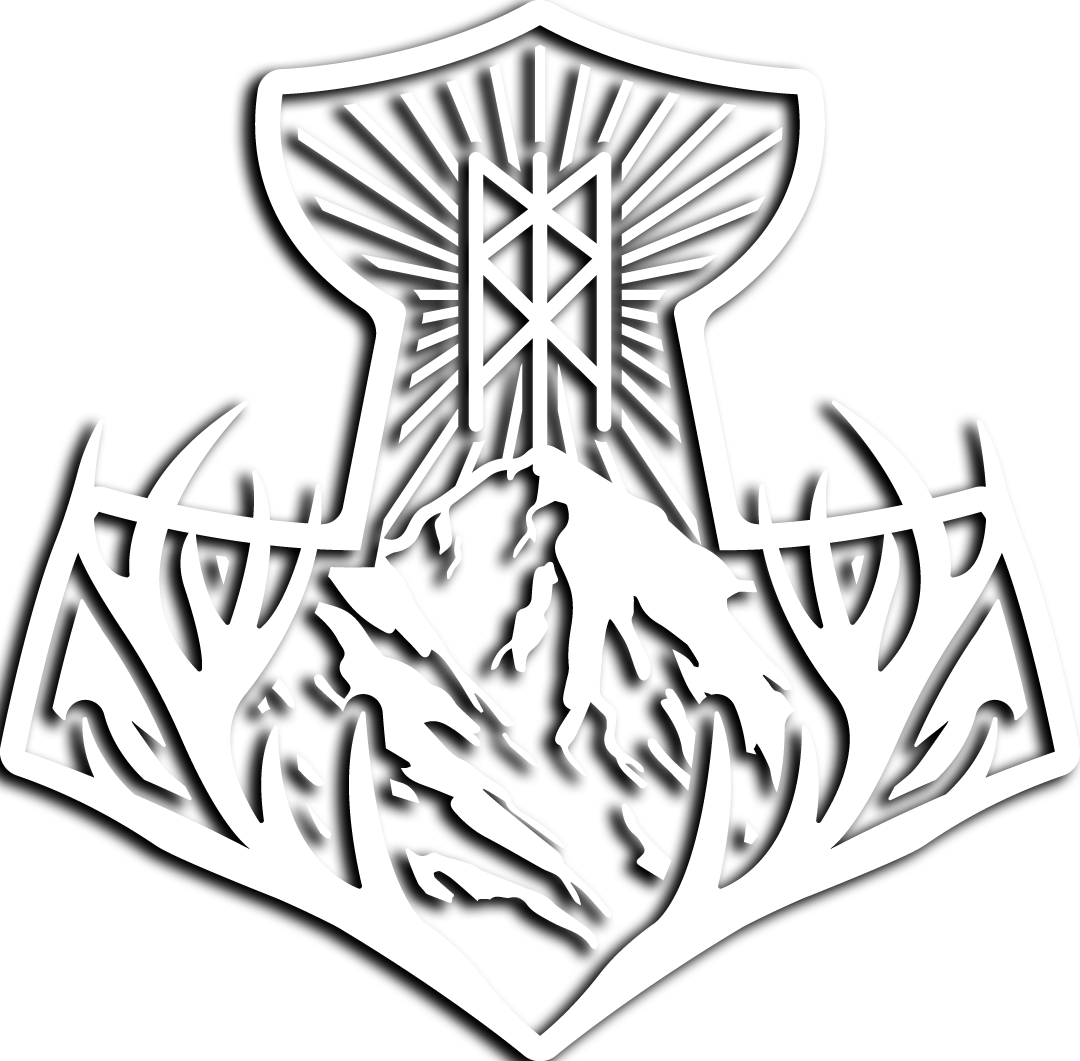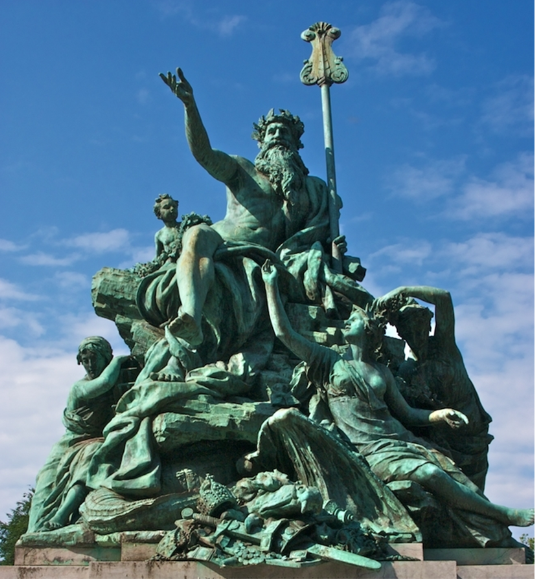Jörð Day
“Ever newer waters flow on those who step into the same rivers.”
-Heraclitus
Rhenus Pater. Rura. Sionann. Tiberinus. Sequana. These are all names that may be unfamiliar to you, but they are the names of gods and goddesses. So too are they the names of rivers: the Rhine, the Rur, the River Shannon, the Tiber, and the Seine. To the ancients, nothing could be more obvious than the divinity of rivers. Wherever one went in the ancient world, one found people near the rivers. These great nourishers were rightfully recognized as beings worthy of worship. If one did their best to understand the river – if one took the time to form a relationship with it – the river would provide. Rivers speak and rivers listen.
Rivers are both eternal arrival and eternal departure. The veins of the Earth, returning her water to the heart of the ocean. In constant flux, yet as permanent as the stars.
Most don’t worship the rivers these days. Most don’t even speak to the rivers, let alone try to listen.
The Cuyahoga River in Ohio caught fire dozens of times throughout the middle of the last century. This event, among others, is credited with inspiring the first Earth Day. Now, in our own century, fifty Earth Days later, the mighty Colorado River, “the Nile of the West,” no longer reaches the ocean.
Such tragedies are the obvious consequence of breaking the flow of thousands of years of reverence – so too does the flow of nourishment cease. More than “maintaining” or “protecting” our rivers, we must worship them. We must rekindle reciprocity and harmony with these gods and goddesses that flow through our wilds and through our cities. We have taken enough – it is time to give.
Through giving, reciprocity and harmony is restored, and the benefits of a healthy relationship with the land become clear. Often our focus on the benefits of treating the land well are focused through the cold, mechanistic lens of modern society. Though there are indeed benefits from this frame of reference – “Fishing yields will increase by 54%, cancer incidence will decrease 12.3%, etc.” – they are often abstract and impersonal, far removed from the spheres of the intimate and concrete. Our disregard for such spheres is part of what caused our problems in the first place. The benefits that truly move human hearts are little discussed.
A heron gliding close to the water’s edge at sunset after a long day of tending to the land.
The local beaver slowly growing comfortable with your presence.
A birdsong at just the right moment of contemplation, granting confidence in a hard decision.
This Earth Day – April 22nd – the Fellowship of Northern Traditions will be hosting events across the United States and Europe to not only give our time and service to the land, but to recognize our local spirits, the landvaettir, and our local gods. We know our pagan predecessors had many local gods and spirits that were worshiped only by a particular tribe or settlement. But few of these beings’ names have survived the calamitous spiritual separation of people from the land over the centuries. It is time to relearn their names. Each of our Jörð Day events will feature a ritual honoring a god or spirit of place, followed by pagans coming together to remove litter from the body of the land.
We hope to see you at our events. More information and the complete list of events can be found here: Jörð Day. We intend this to be a yearly tradition. Such an event, however, is only one small part of the journey to reunion with the land. It is my hope that it can be a spark that leads people to the real work: the slow and beautiful task of building a relationship with a local deity. Learning every stone along the shore. Discovering where the herons raise their young. Receiving gifts from the water – perhaps a feather, perhaps a nugget of wisdom. Learning how to speak, and how to be spoken to.



